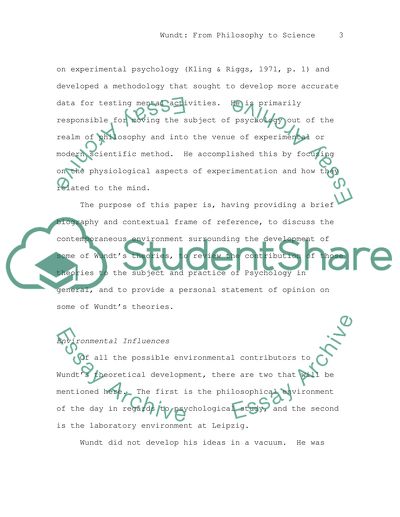Cite this document
(“Wilhelm Maximilian Wundt Essay Example | Topics and Well Written Essays - 2000 words”, n.d.)
Wilhelm Maximilian Wundt Essay Example | Topics and Well Written Essays - 2000 words. Retrieved from https://studentshare.org/miscellaneous/1523071-wilhelm-maximilian-wundt
Wilhelm Maximilian Wundt Essay Example | Topics and Well Written Essays - 2000 words. Retrieved from https://studentshare.org/miscellaneous/1523071-wilhelm-maximilian-wundt
(Wilhelm Maximilian Wundt Essay Example | Topics and Well Written Essays - 2000 Words)
Wilhelm Maximilian Wundt Essay Example | Topics and Well Written Essays - 2000 Words. https://studentshare.org/miscellaneous/1523071-wilhelm-maximilian-wundt.
Wilhelm Maximilian Wundt Essay Example | Topics and Well Written Essays - 2000 Words. https://studentshare.org/miscellaneous/1523071-wilhelm-maximilian-wundt.
“Wilhelm Maximilian Wundt Essay Example | Topics and Well Written Essays - 2000 Words”, n.d. https://studentshare.org/miscellaneous/1523071-wilhelm-maximilian-wundt.


